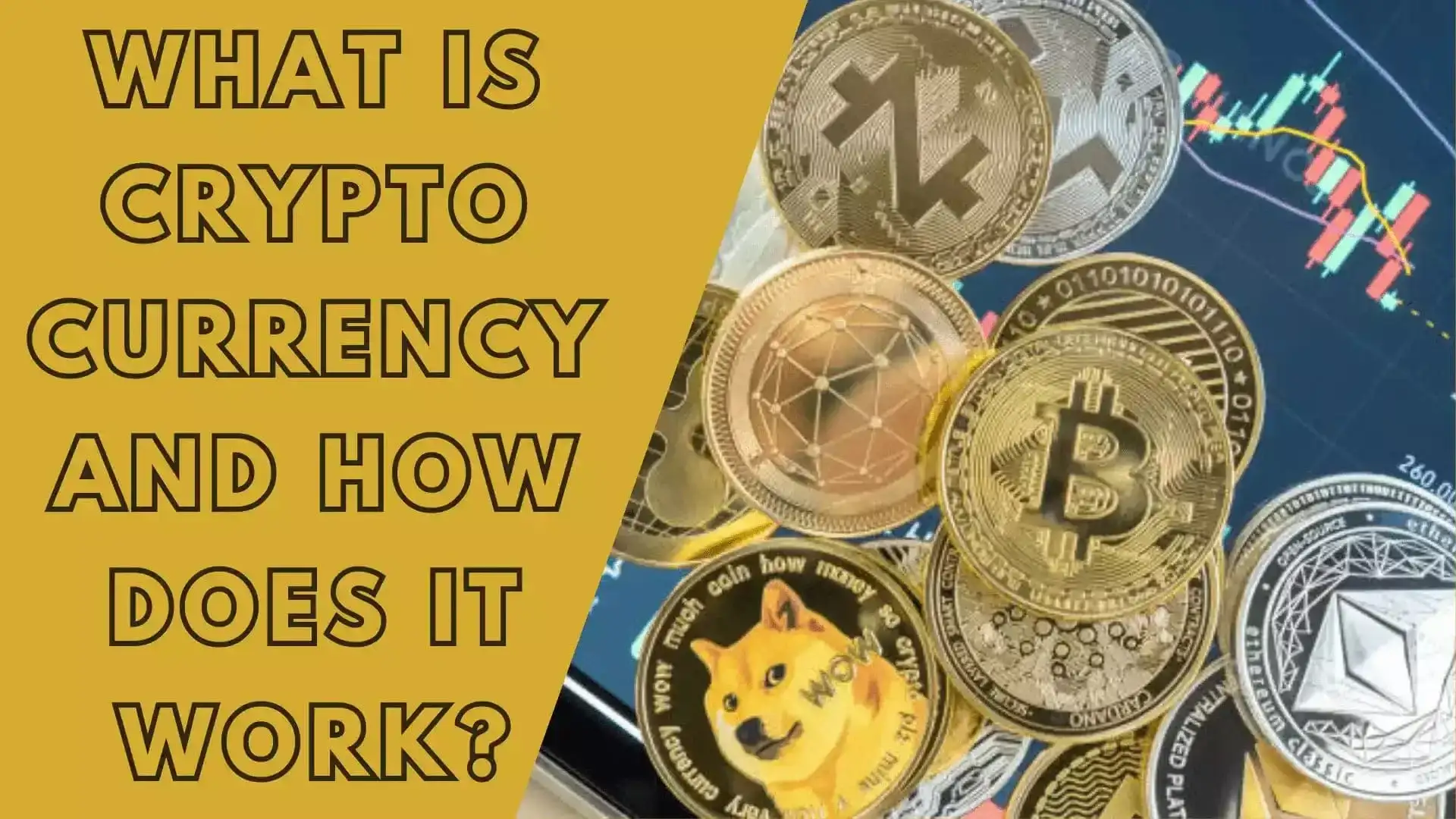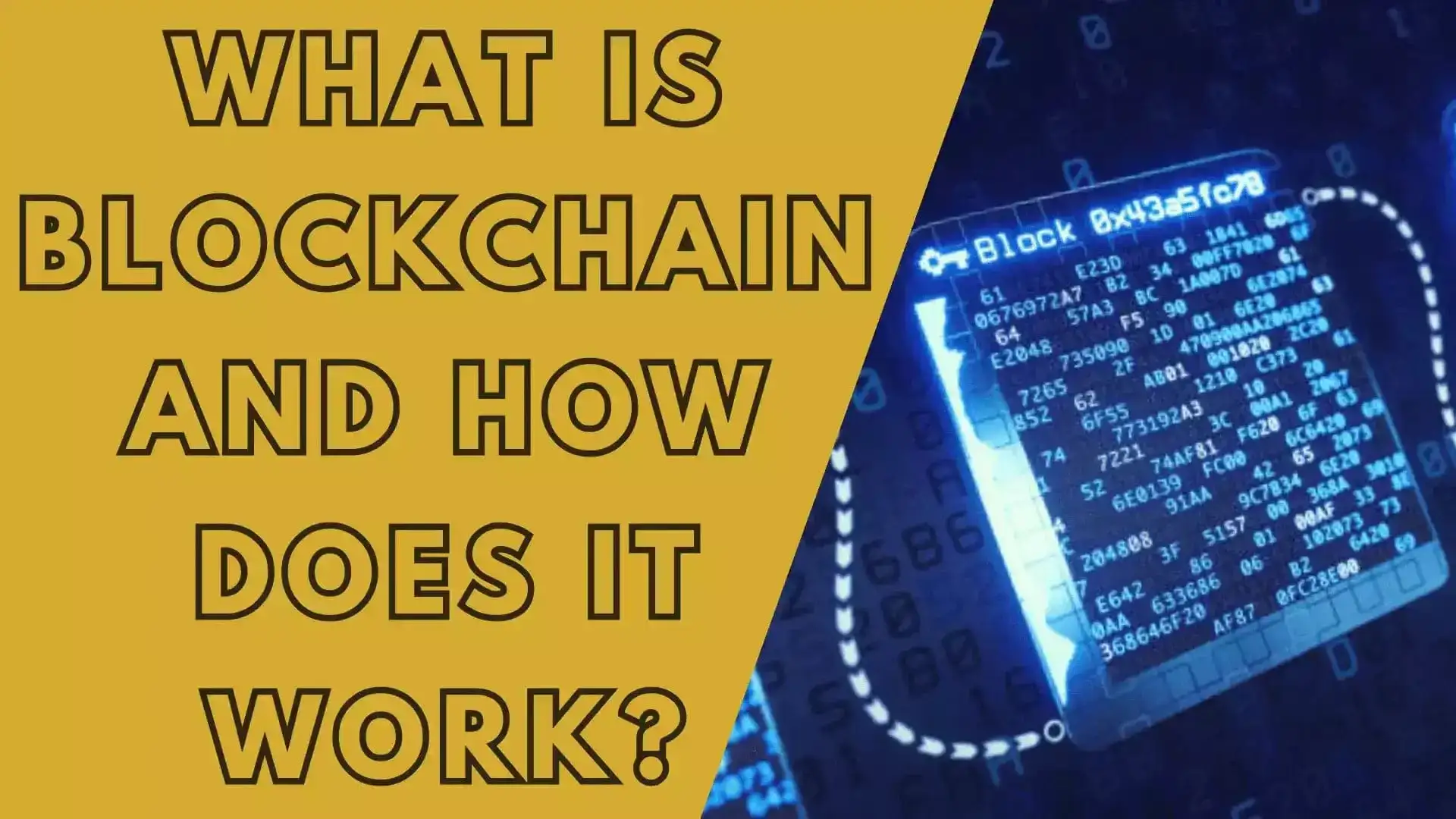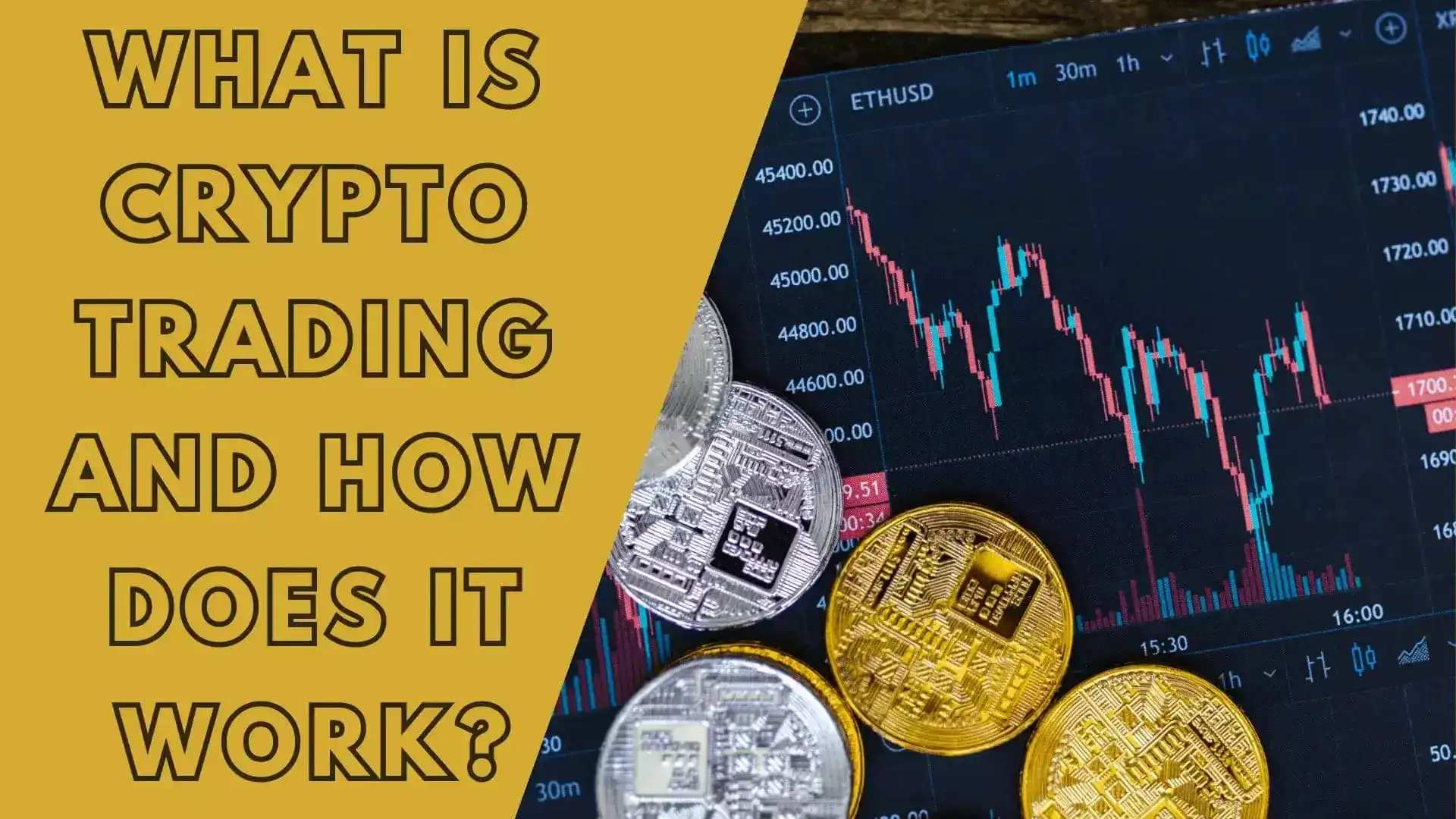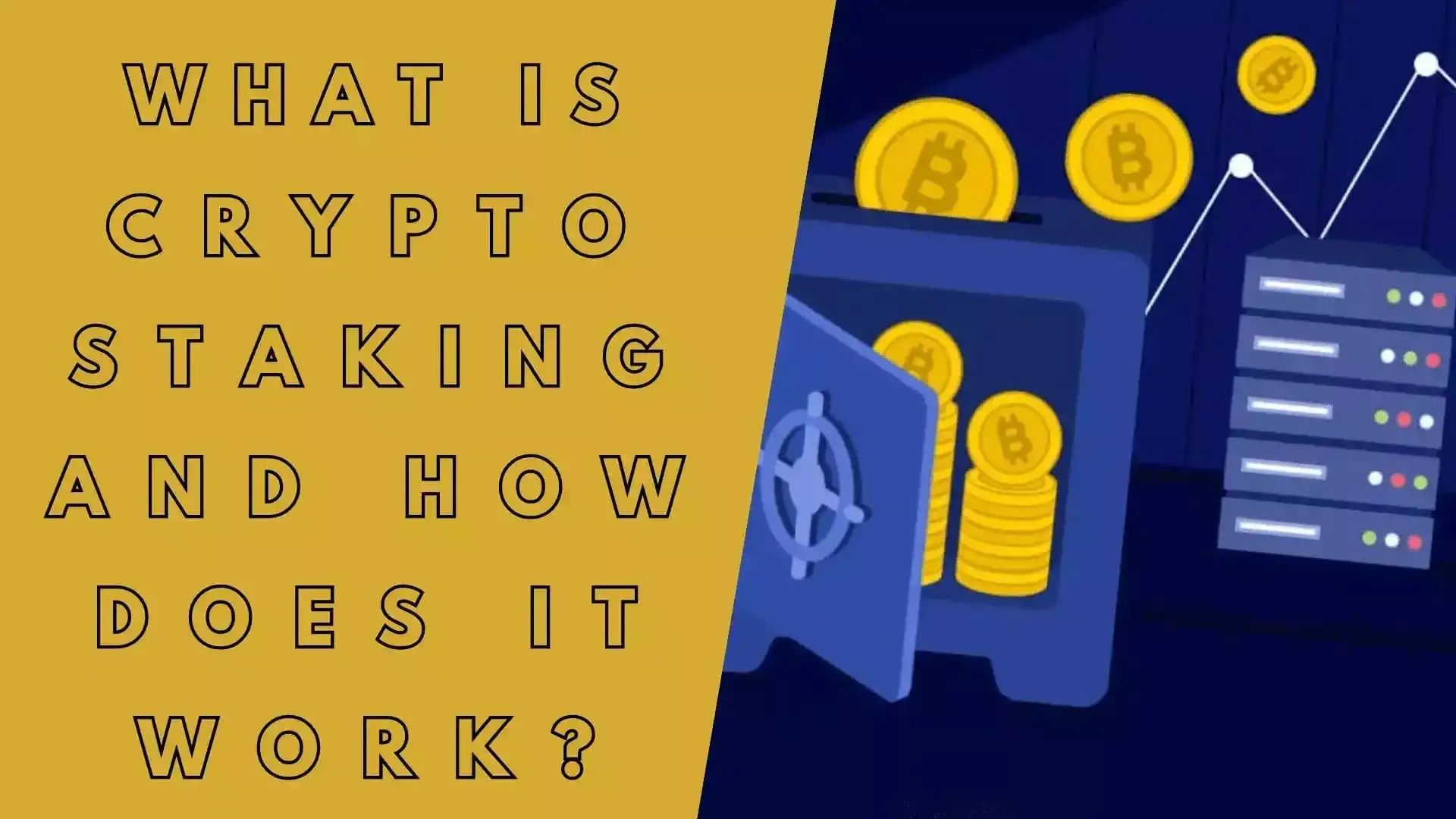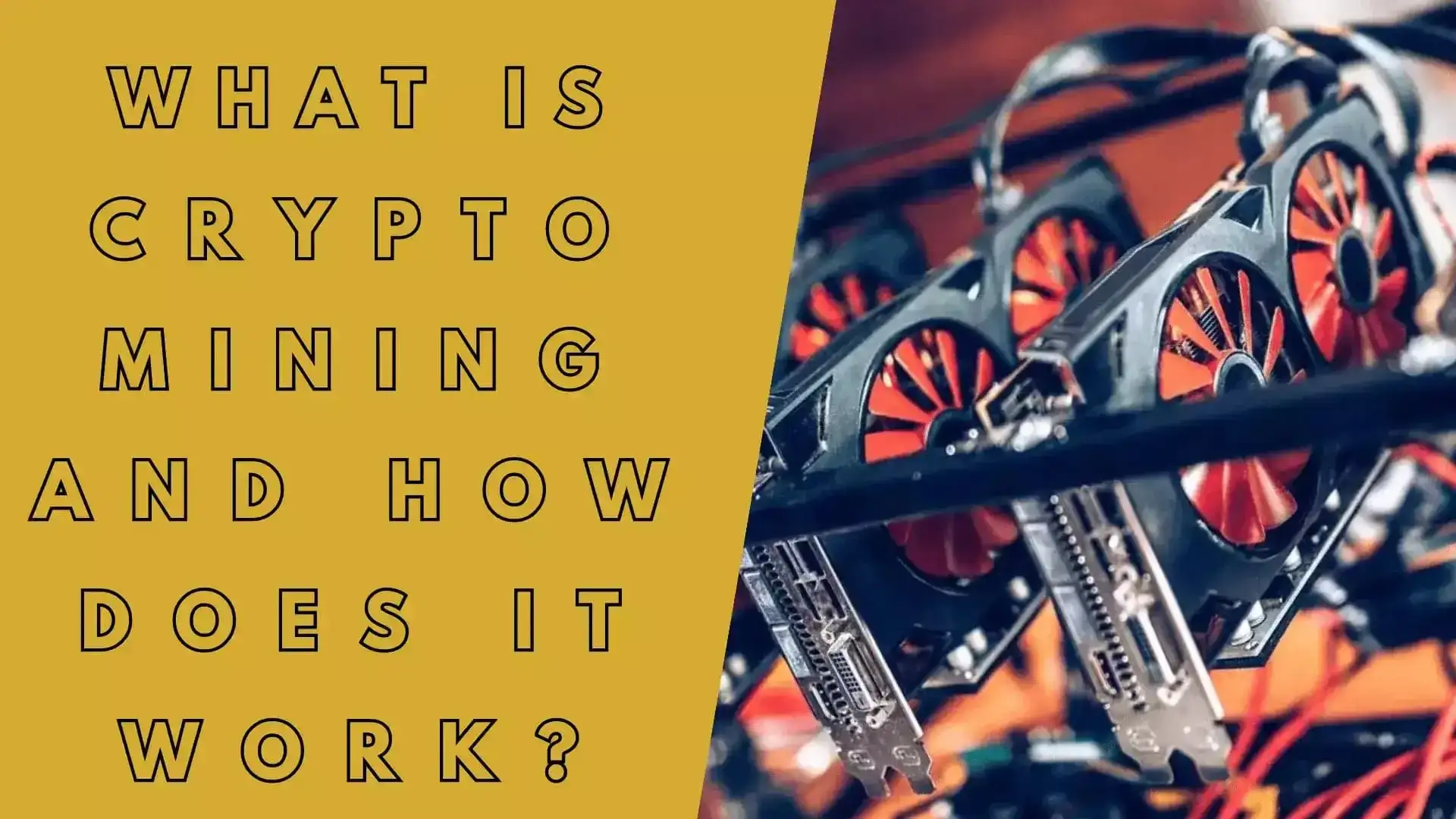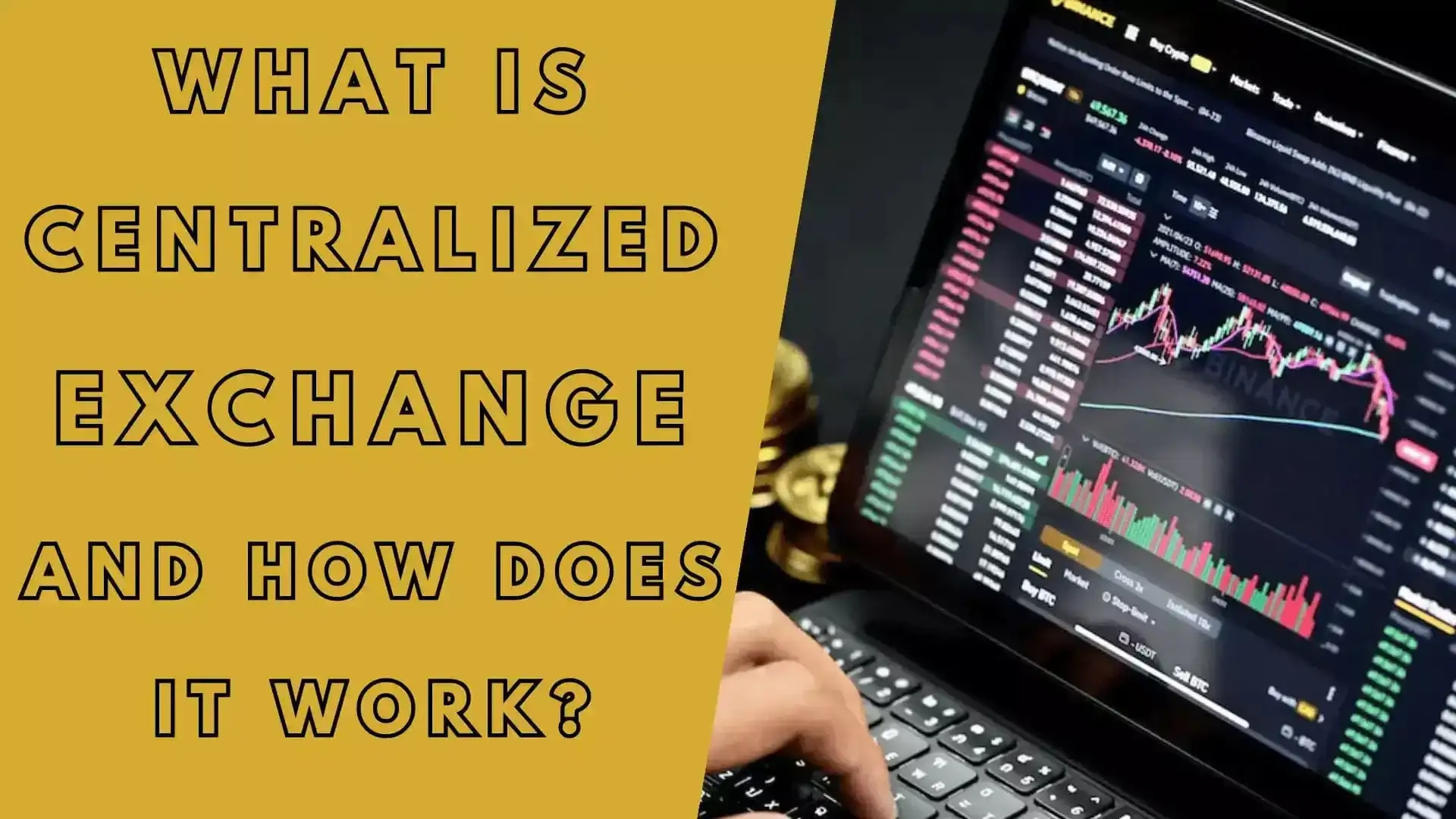What are tokenized real-world assets (RWA), and why do they matter in DeFi
Tokenized real-world assets (RWA) are traditional, tangible assets such as real estate properties, commodities, or securities that are represented and divided into digital tokens on a blockchain. These tokens, commonly referred to as security tokens, represent ownership or rights to a portion of the underlying asset.
In the context of decentralized finance (DeFi), tokenized real-world assets hold significant importance due to several reasons:
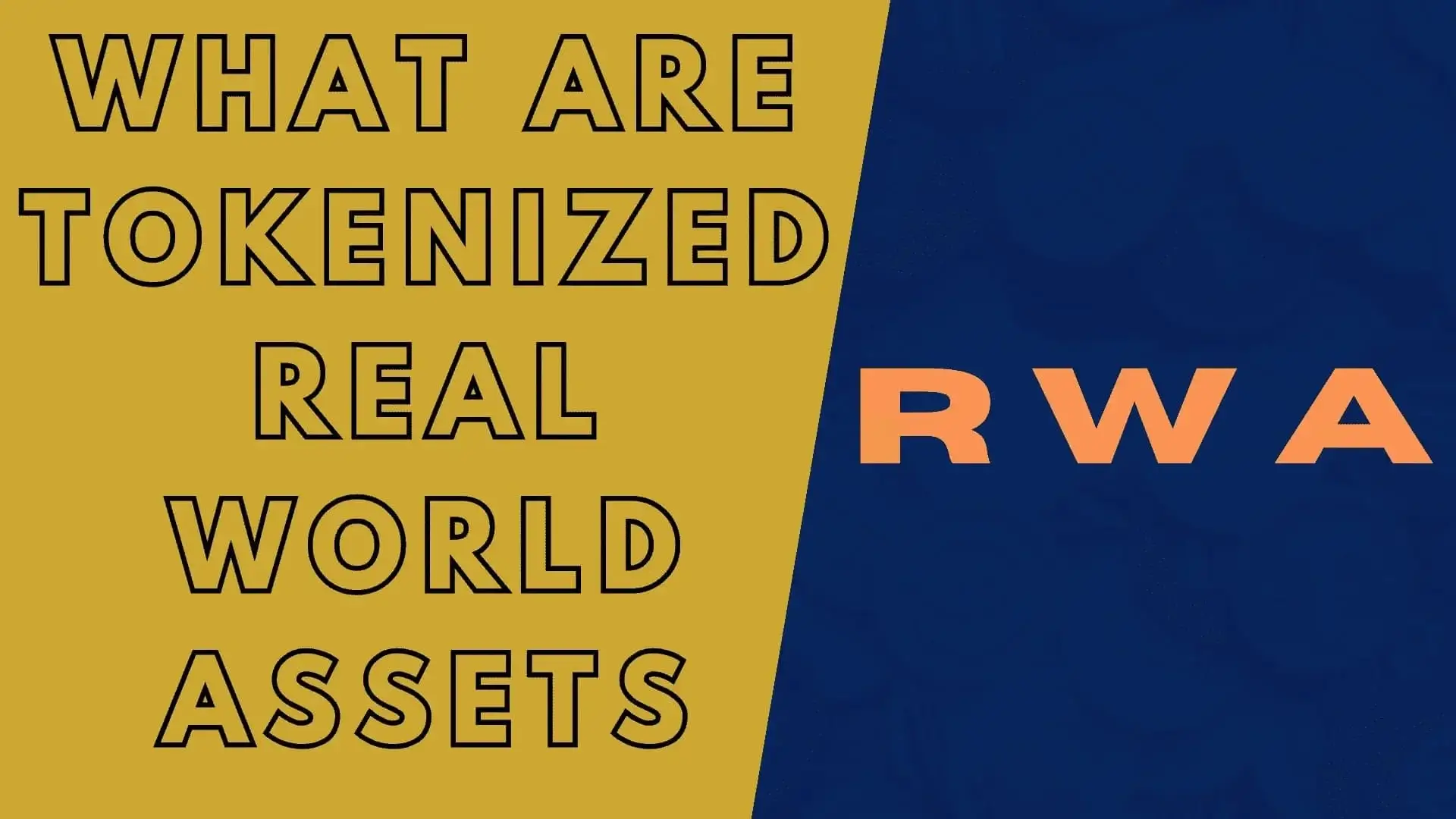
Posted on 30 Nov 2023
- Access to Traditional Assets: DeFi primarily operates on decentralized blockchain networks, which are open and accessible to anyone with an internet connection. By tokenizing real-world assets, individuals can gain exposure to traditionally illiquid or inaccessible assets like real estate, precious metals, or venture capital investments. Tokenization allows fractional ownership, enabling small-scale investors to access these assets that were previously restricted to large institutional players.
- Improved Liquidity: Real-world assets are often characterized by their lack of liquidity. Tokenization solves this problem by digitizing these assets and creating fractionalized tokens. These tokens can be bought, sold, and traded in a decentralized marketplace, providing increased liquidity for these traditionally illiquid assets. Investors can easily enter or exit positions, leading to more efficient price discovery.
- Transparency and Security: Blockchain technology provides enhanced transparency and security to the ownership and transfer of real-world assets. Each transaction involving tokenized assets is recorded on the blockchain, creating an immutable and auditable ledger. This transparency reduces fraud and enhances the security and trust in the asset transfer process.
- Programmability and Automation: Traditional assets often come with complex ownership structures and legal frameworks that require manual processing for transfers, dividends, or other financial operations. By tokenizing these assets, these processes can be programmed into smart contracts, allowing for automated execution and streamlining the administrative processes associated with asset management. This automation reduces costs and improves efficiency.
- Global Accessibility: Tokenization of real-world assets enables borderless transactions, making them accessible to a global audience. Fractionalized ownership allows investors from different geographies and income levels to participate in the asset's returns and benefit from global diversification. Additionally, tokenization reduces the barriers to entry for cross-border investments and eliminates intermediaries, reducing costs and increasing efficiency.
Overall, tokenized real-world assets play a crucial role in DeFi by democratizing access to traditional assets, increasing liquidity, enhancing transparency and security, enabling programmability, and promoting global accessibility. They bridge the gap between traditional finance and the decentralized world, creating new opportunities for investors and expanding the scope of decentralized finance.
